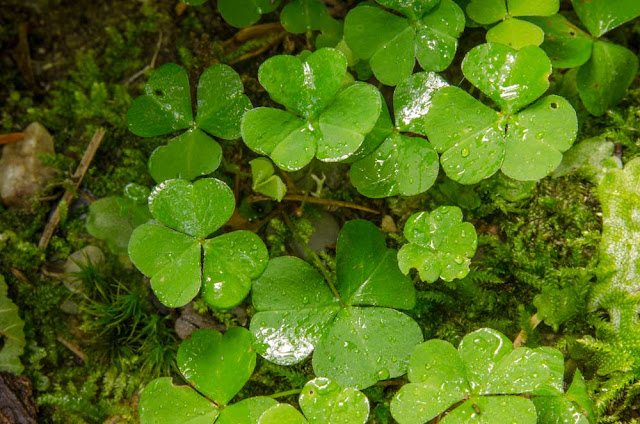Nitrogen is the nutrient element that plants need most often. Nitrogen is mainly needed for the construction of amino acids and nucleic acids. This nutrient is also involved in the formation of enzymes and plant pigments such as chlorophyll.
In short, Nitrogen is required for a plant to grow.
The growth that comes out of it relates to both length and mass growth. Without nitrogen, neither the necessary building blocks of the plant would be formed, nor could enzymatic reactions take place.
In most cases, the plants take up the nitrogen via the roots, whereby the substance is usually in the form of compounds (eg nitrate, ammonium). However, some specialized plants can also process so-called atmospheric nitrogen, which is then available in elemental form.
A lack of nitrogen leads to growth inhibitions (metabolic disorders) in the plant, yellowing of the leaves (chlorosis) and finally to the death of leaves (necrosis).
Excess nitrogen leads to "fattening" growth at the expense of fruit growth. The plants become susceptible to diseases and harmful organisms. Very sensitive plants stop growing or die.










